5 Things I Wish I Knew Before Using Notion
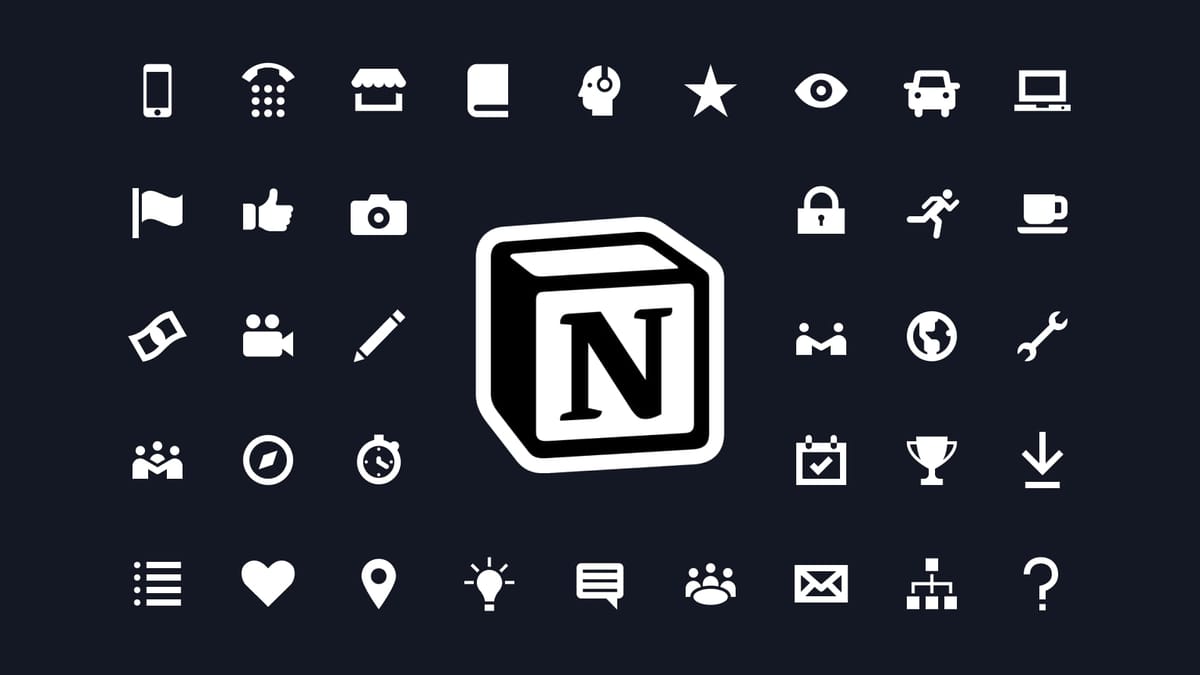
Notion is an all-around tool that can be used for note-taking, tasks, and projects. On the surface, it seems to be easy—but the moment you start getting into it, you'll know just how many tools there are.
From templates to databases, Notion can be too much for beginners to handle. Most beginners do the same thing or don't use the right functions that could simplify their workflow.
In this article, we will discuss five crucial things you need to know before you begin with Notion.
Knowing these tips beforehand will save you time, minimize confusion, and enable you to get the most out of Notion right from the start.
5 Databases Seem Scary, But They’re Magic
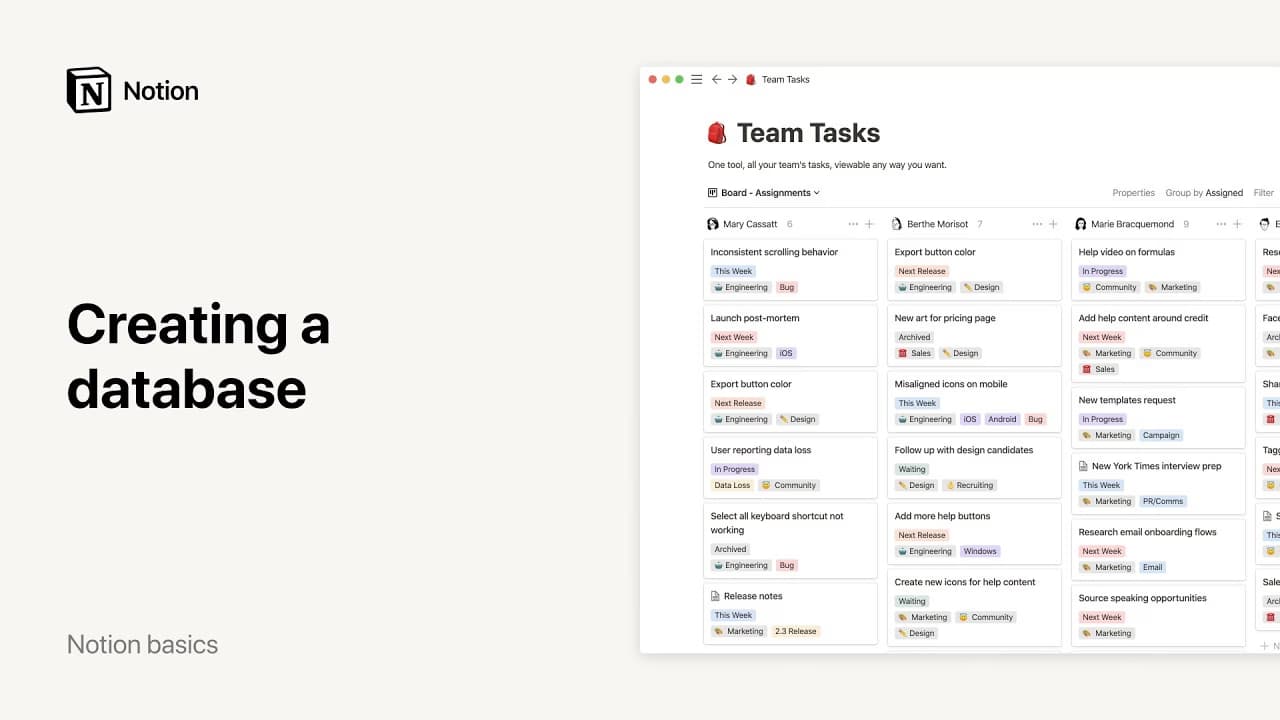
Initially, Notion databases might appear overwhelming—but when you get the hang of them, they're really powerful.
Imagine a database as being like an intelligent table in which you can stash and categorize various kinds of information, such as tasks, notes, or content ideas.
You can include tags, due dates, checkboxes, and even reference one database from another.
The actual magic is in how flexible databases are—you can look at the same information in various ways, like a calendar, list, or kanban board.
It keeps you organized without duplicating content. Although it may take some time to figure out the fundamentals, databases are worth the effort.
They have the ability to transform your Notion workspace into an efficient system to manage anything with ease and simplicity.
4 Start Small — Seriously
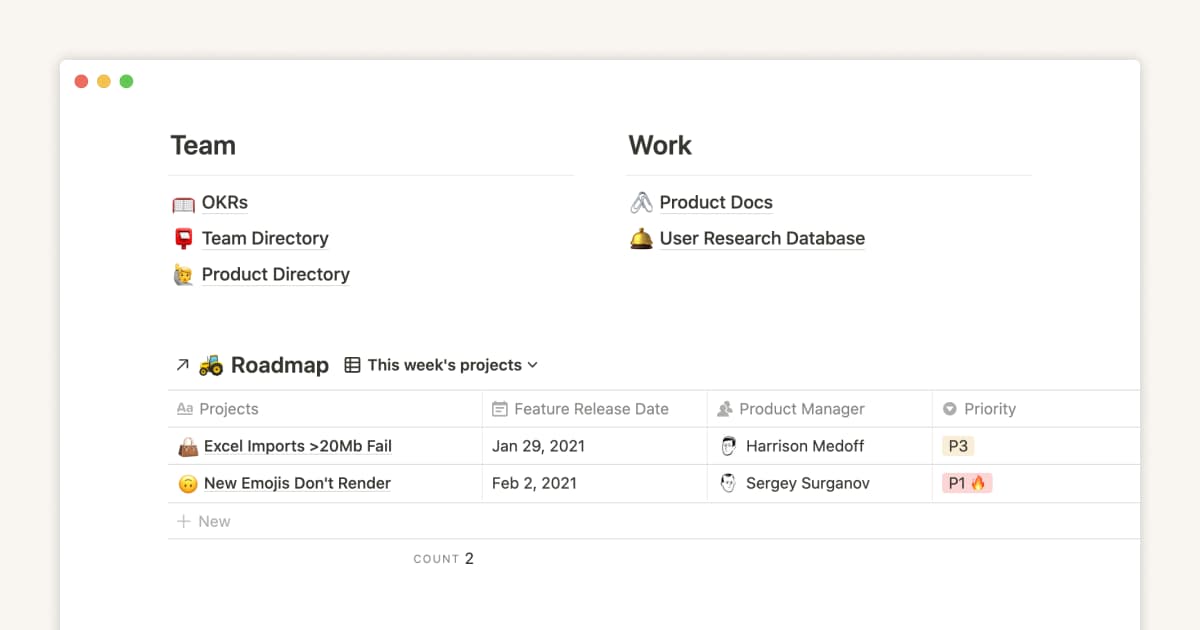
When you're first getting started with Notion, it's tempting to get overexcited and try to build a complete system immediately.
But then you'll inevitably end up with analysis paralysis and burnout. The best thing is to begin small.
Create one easy use case—such as a daily to-do list or a simple notes page—and become familiar with that.
Once you know how the blocks, pages, and core layouts work, you can gradually build and incorporate more functions.
This gradual process allows you to learn in your own pace without an overwhelming sense of it.
Notion is a profound tool, and there's no necessity to hurry. Building in small steps provides a good foundation and an easier time building a system that works for your day-to-day needs.
3 A Good Structure Beats Fancy Features
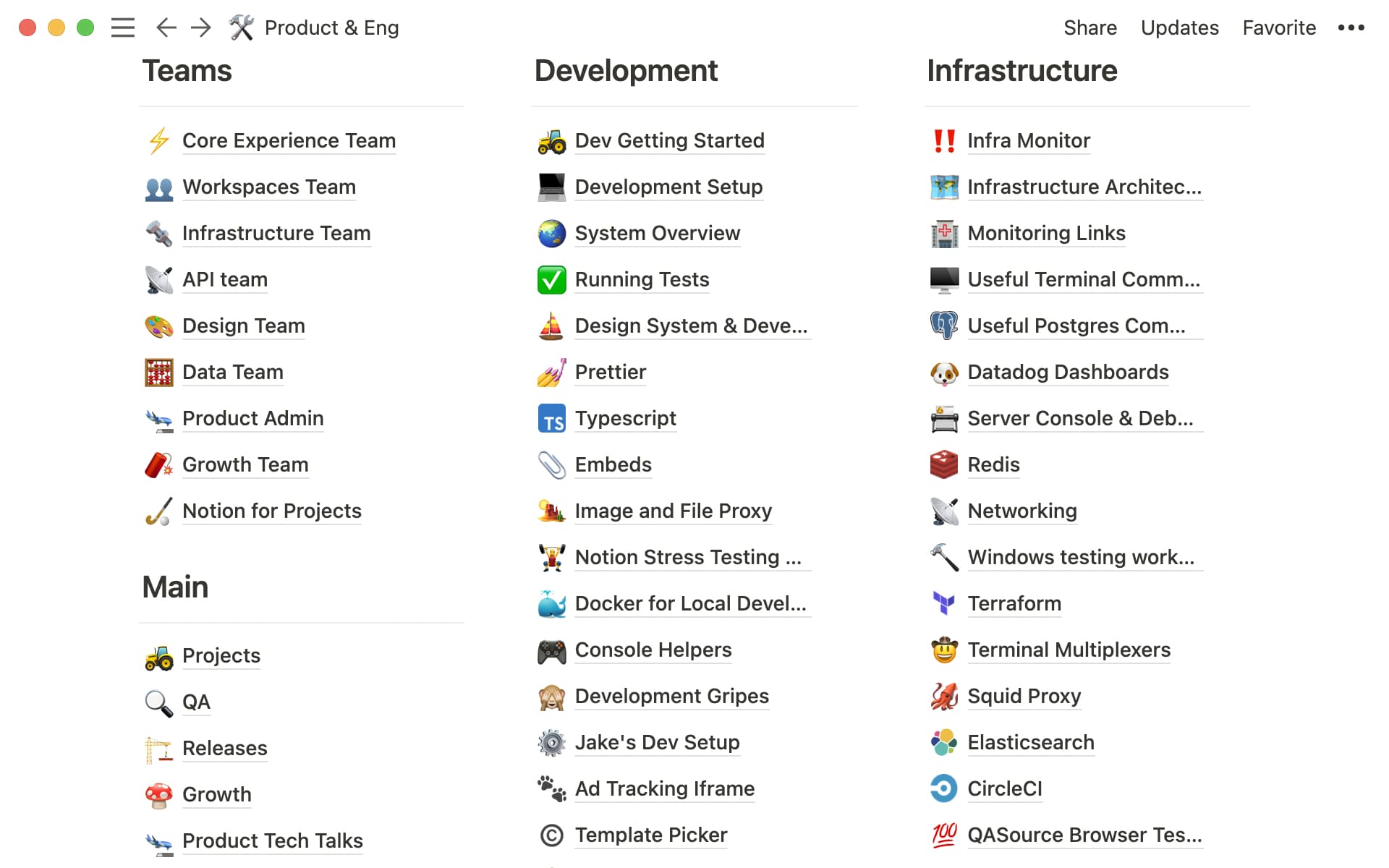
Notion does have some advanced features, such as databases, toggles, and widgets, but don't be tempted to try and use them all at the same time.
The most important thing is having a clean structure that works for your workflow. A clean setup that's simple to get around will always be more productive than a jumbled one with tons of extra features you don't really need.
Prioritize structuring your pages in an intuitive manner—clustering similar content, providing descriptive titles, and implementing efficient routing.
After you have a good foundation, you can introduce sophisticated features to refine your setup.
At the start, however, it is advisable to maintain simplicity and functionality. A proper structure keeps you consistent and makes your Notion workspace highly available.
2 Don’t Overload Your Dashboard
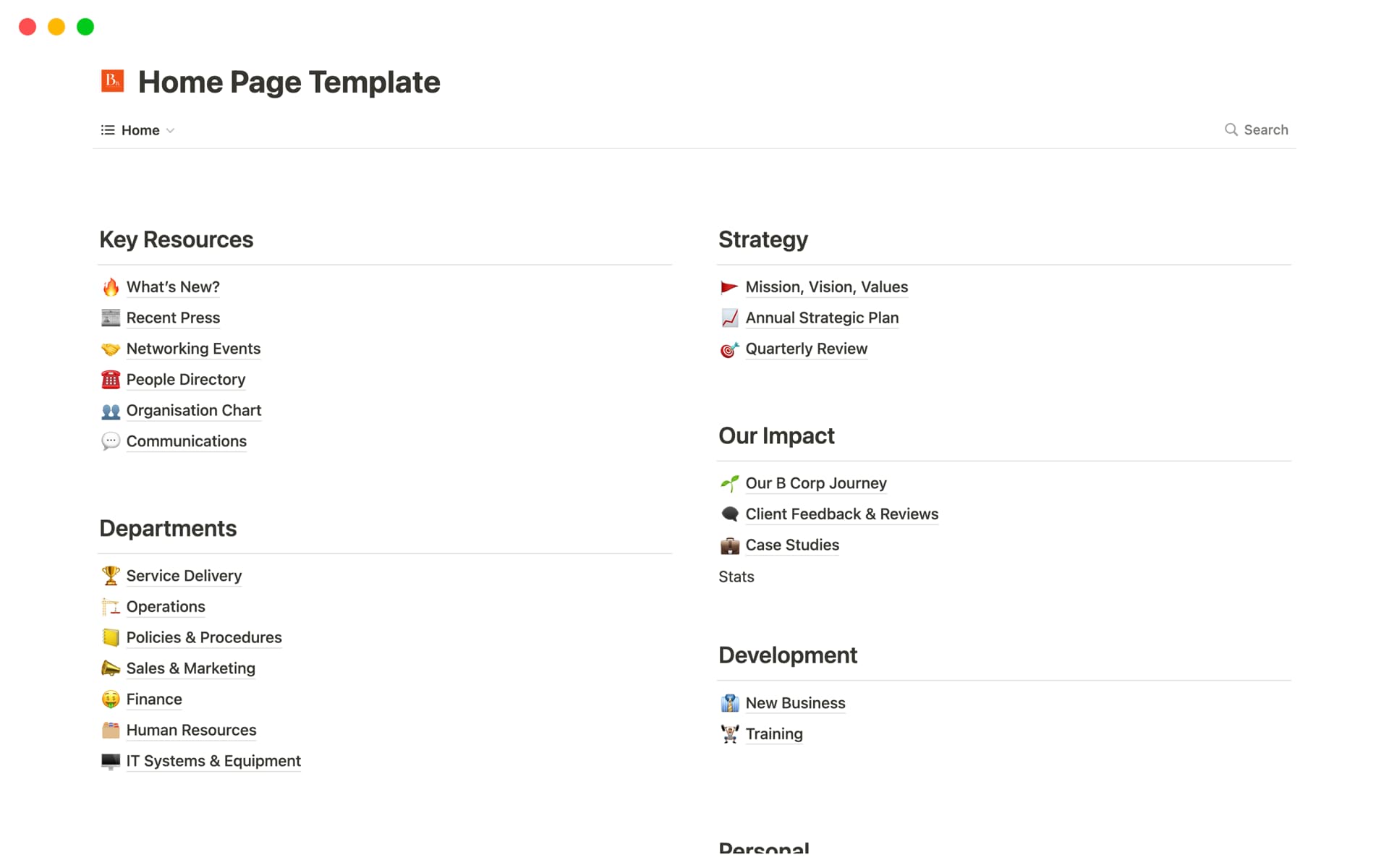
When configuring your Notion dashboard, it's easy to put everything into one space—tasks, goals, notes, calendars, and so on.
However, loading too much onto your main page makes it cluttered and confusing. A simple, streamlined dashboard is more efficient and will keep you productive.
Begin by adding only the most vital items that you'll reference daily, such as your to-do list or ongoing projects.
You can always make other pages for the other content and link to them from the dashboard. Your top view remains simple and tidy that way.
Don't worry, Notion is very customizable, so you can easily do things differently later. Having a clean dashboard will also help you concentrate and avoid too much information from giving you a headache.
1 Templates Are a Lifesaver (Use Them!)
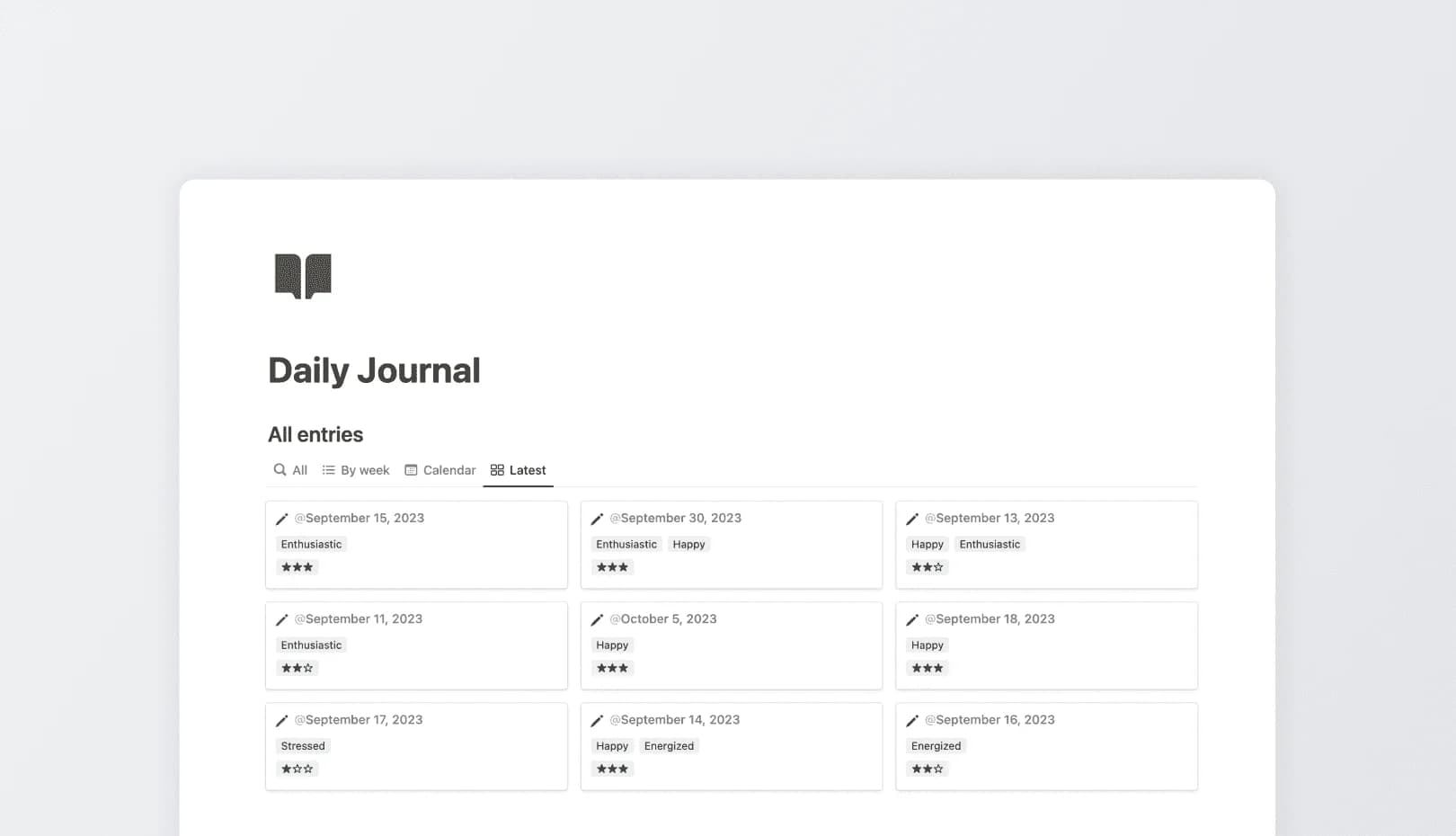
One of Notion's best aspects is its extensive library of templates.
Templates are like pre-built pages tailored for particular functions—such as keeping a daily to-do list, monitoring habits, writing content planning, or structuring team projects.
Rather than starting from the ground up, you can deploy these pre-designed formats to get underway promptly and modify them according to your needs.
Notion has built-in templates, but you can also look into community-created templates. Templates save time, keep you organized, and help you understand how to organize your workspace better.
If you're a beginner with Notion, don't overlook templates—they're a lifesaver when you're still learning and can make your setup experience much smoother.
Avoiding these mistakes will save you a lot of time!
Steering clear of these all-too-common pitfalls in the beginning can save you much time and frustration.
Notion is a versatile tool, but it's most useful when utilized with purpose and a simple setup.
With the help of templates, a decluttered dashboard, and a humble start, you'll create a smoother workflow and derive the most value out of Notion from the first day.
➤ Disclosure: Our content is reader-supported. If you click on certain links, we may make a commission. [Learn More]
